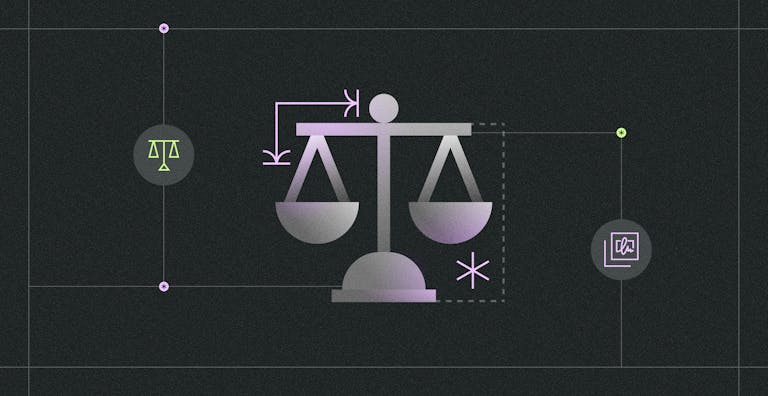Are you part of a legal department, a lawyer in a law firm, in legal tech or self-employed ?👩⚖
If you’re still wondering about :
👉 the validity of electronic signatures in your profession,
👉 the different levels of electronic signature,
👉 the type of documents you can sign or have your clients sign.
then spend five minutes with us!
We have written this article to clarify any doubts you may have and examine the questions most frequently asked by legal professionals about electronic signatures! 👌
1- What is the background?
2- Are electronic signatures secure for my profession?
3- Can I prove the existence of a procedure if there is a dispute?
4-Which documents are eligible for electronic signature?
5- Which documents are excluded?
A context favourable to digitalisation
The groundwork has been laid for the digitalisation of legal professions since the early 2010s 🌱
2011: the ‘acte d’avocat électronique’ [electronic legal instrument] and the launch of the ‘e-Barreau’ virtual network reshaped the profession
Plus :
- the rapid emergence of legal tech in the legal landscape,
- the prospect of a renewed relationship between the client and the legal professional: added value for the client and, for professionals, greater retention of their client portfolios!
- the incentive to save time and increase productivity by automating documents and processes.
2020: the health crisis increased the uptake of digital technology and its necessity, or even mandatory use, to perform common administrative formalities.
There is genuine enthusiasm among the various professions concerned for the benefits offered by digital technology.
“How does it work in practice?”
Are electronic signatures secure for my profession?
Yousign is an electronic signature solution that can help digitalise your in-house processes.
We already support legal professionals like you by helping them fully digitalise their document management so that they can devote their full attention to their core business.
The objective is to streamline processes, obtain certified, secure signatures and optimise management generally.
There are three types of electronic signatures, with different levels of complexity and security, governed by the European eIDAS Regulation:
- The simple signature
The first stage in achieving security and legal recognition of the signature on a document - The advanced signature
Recommended for large financial transactions or signing documents that may have significant legal implications. - The qualified signature
This is the most advanced stage of electronic signature security. It can prove particularly demanding and is only used in very specific cases.
➡ For further information, read our blog post about the difference between simple, advanced and qualified electronic signatures
Can I prove a procedure exists if there is a dispute?
A time-stamped audit trail is generated for each electronic signature: this contains all the information that led to the successful execution of the signature and is archived with our partner Arkhineo.
If there is a dispute, this document lets you technically trace the electronic signature.
It can be accessed and downloaded from the client area and must be kept confidential and secure given of the sensitive information it contains.
Which documents are eligible for electronic signature?
Almost all legal documents can now be signed electronically..
For lawyers and corporate legal departments:
✔ legal articles of association associated with the Chamber of Commerce and Industry or the Registry of the Commercial Court*
✔ legal instruments in civil law, employment law and commercial law
✔ applications for registration or filing of an instrument or document with the Trade and Companies Register.
For corporate legal departments:
✔ the general assembly minutes
✔ commercial leases
✔ documents relating to any company's exchanges with the URSSAF [French Social Security Contribution Collection Office]
✔ tax returns
✔ VAT declaration and payment.
* some registries do not accept electronic documents
Which documents are excluded?
Electronic signatures are completely excluded in certain areas (Article 1175 of the French Civil Code), mainly privatedocumentsrelating to family and inheritance law, such as holographic wills.
Privately signed documents relating to personal or real securities, of a civil or commercial nature, unless they are executed by a person for the purposes of their profession.











